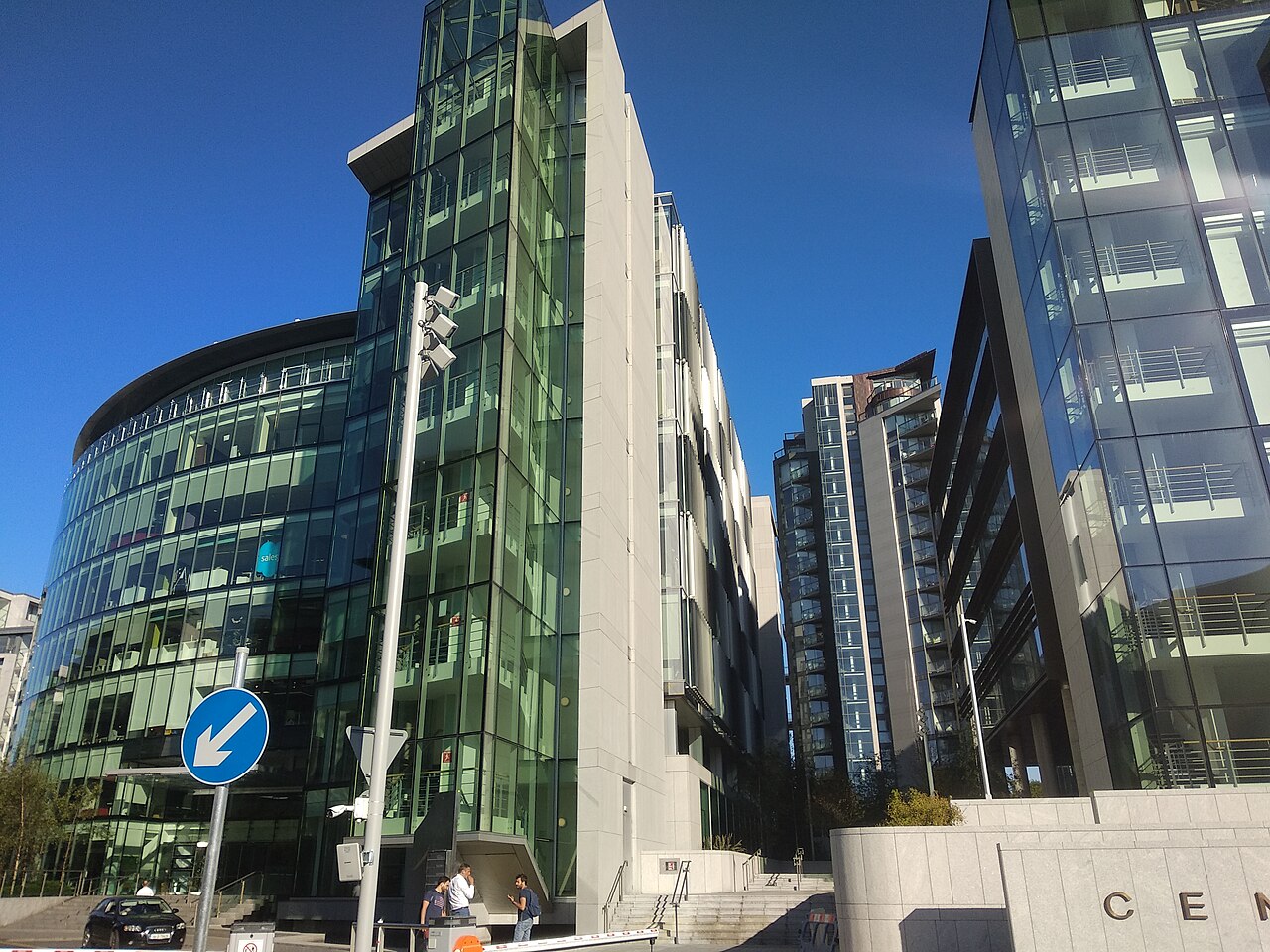Dublin will need an estimated €70 billion investment in infrastructure over the next 15 years to accommodate its growing population and ensure sustainable development, according to a comprehensive report by KPMG Ireland. The study identifies critical sectors—including housing, public transport, water, energy, and climate resilience—as areas requiring substantial funding to meet future demands.
Key Findings:
- Housing: The report highlights a significant shortfall in affordable housing, exacerbated by rising demand and limited supply. The Land Development Agency (LDA) has been allocated €6.25 billion to address this deficit, aiming to deliver thousands of affordable homes.
- Public Transport: To alleviate congestion and promote sustainable mobility, Dublin plans to invest in the MetroLink project, a €9.5 billion high-capacity rail line connecting key areas, including Dublin Airport and the city center. Additionally, extensions to the Luas network are proposed to enhance connectivity.
- Water Infrastructure: The Eastern and Midlands Water Supply Project, estimated at €1.3 billion, is among the initiatives to address urban wastewater pressures and support new housing developments.
- Energy: A €750 million investment is earmarked for the electricity grid to bolster capacity and facilitate the transition to renewable energy sources.
- Climate Resilience: The Infrastructure, Climate and Nature Fund, with an additional €2 billion allocation, aims to support projects enhancing the city’s resilience to climate change impacts.
Strategic Implications:
The report underscores the urgency of coordinated planning and investment to prevent infrastructure deficits from hindering Dublin’s competitiveness and quality of life. Government initiatives, such as the National Development Plan and Budget 2025 allocations, reflect a commitment to addressing these challenges. However, experts caution that timely execution and overcoming bureaucratic hurdles are crucial for the successful realization of these projects.
Conclusion:
Dublin’s projected €70 billion infrastructure investment by 2040 is pivotal for sustaining its growth trajectory and enhancing urban livability. While substantial progress is underway, continuous collaboration between public and private sectors, along with effective governance, will be essential to meet the city’s infrastructure demands.
Dublin, Central Park, Sandyford Picture by NTF30



